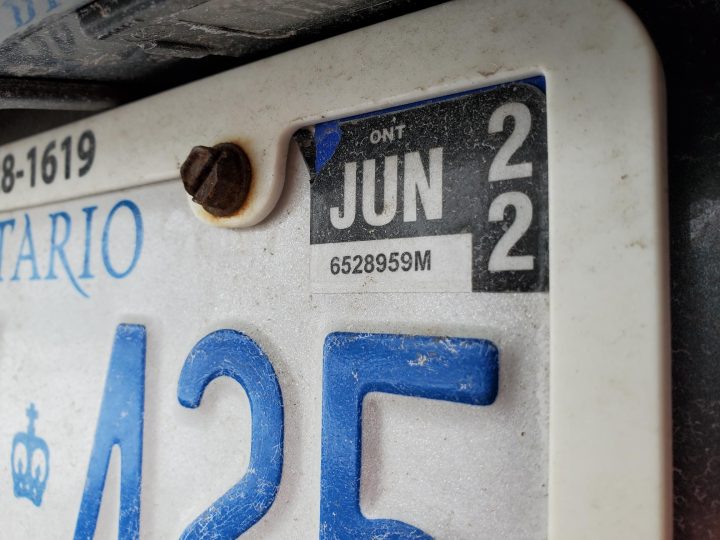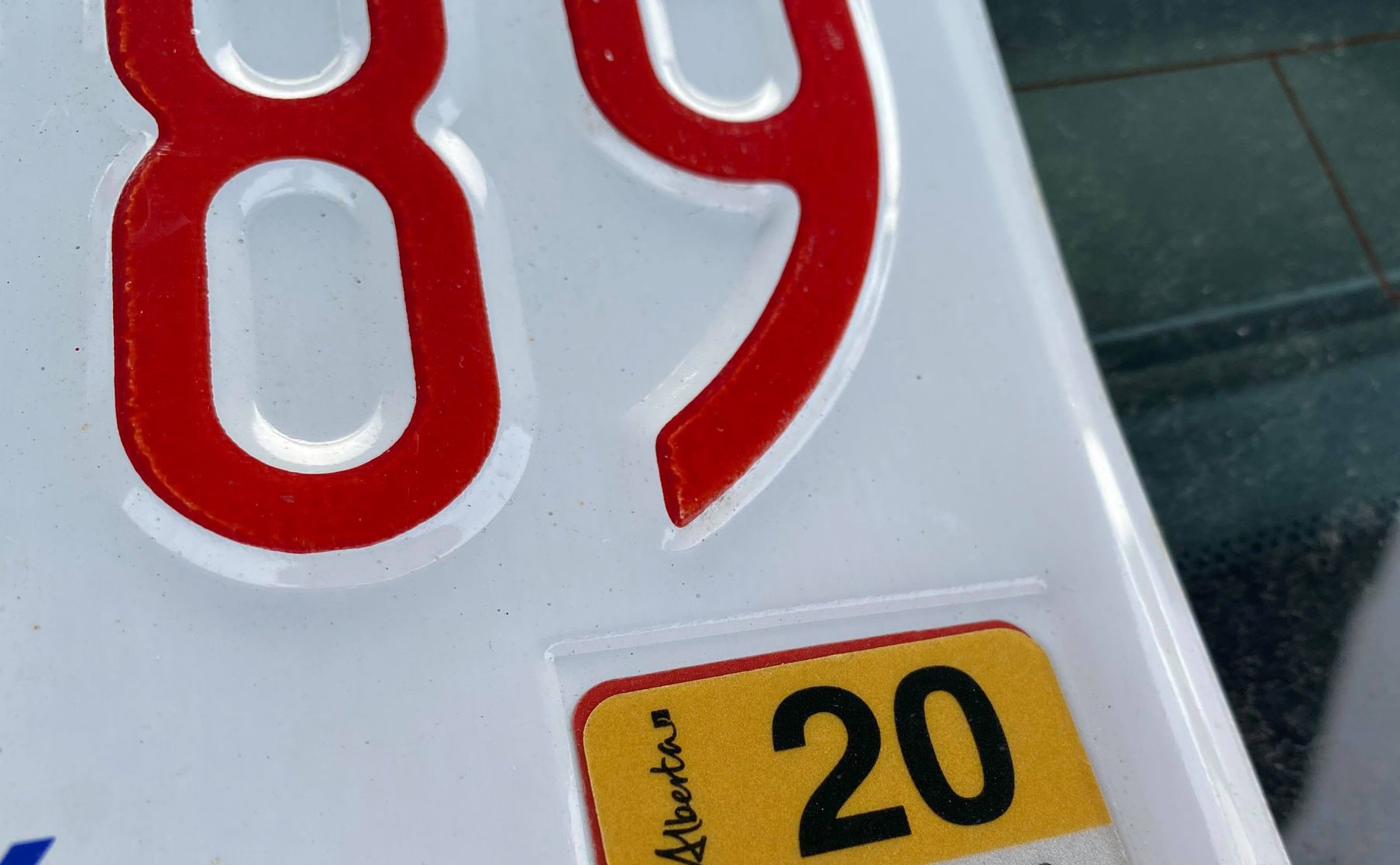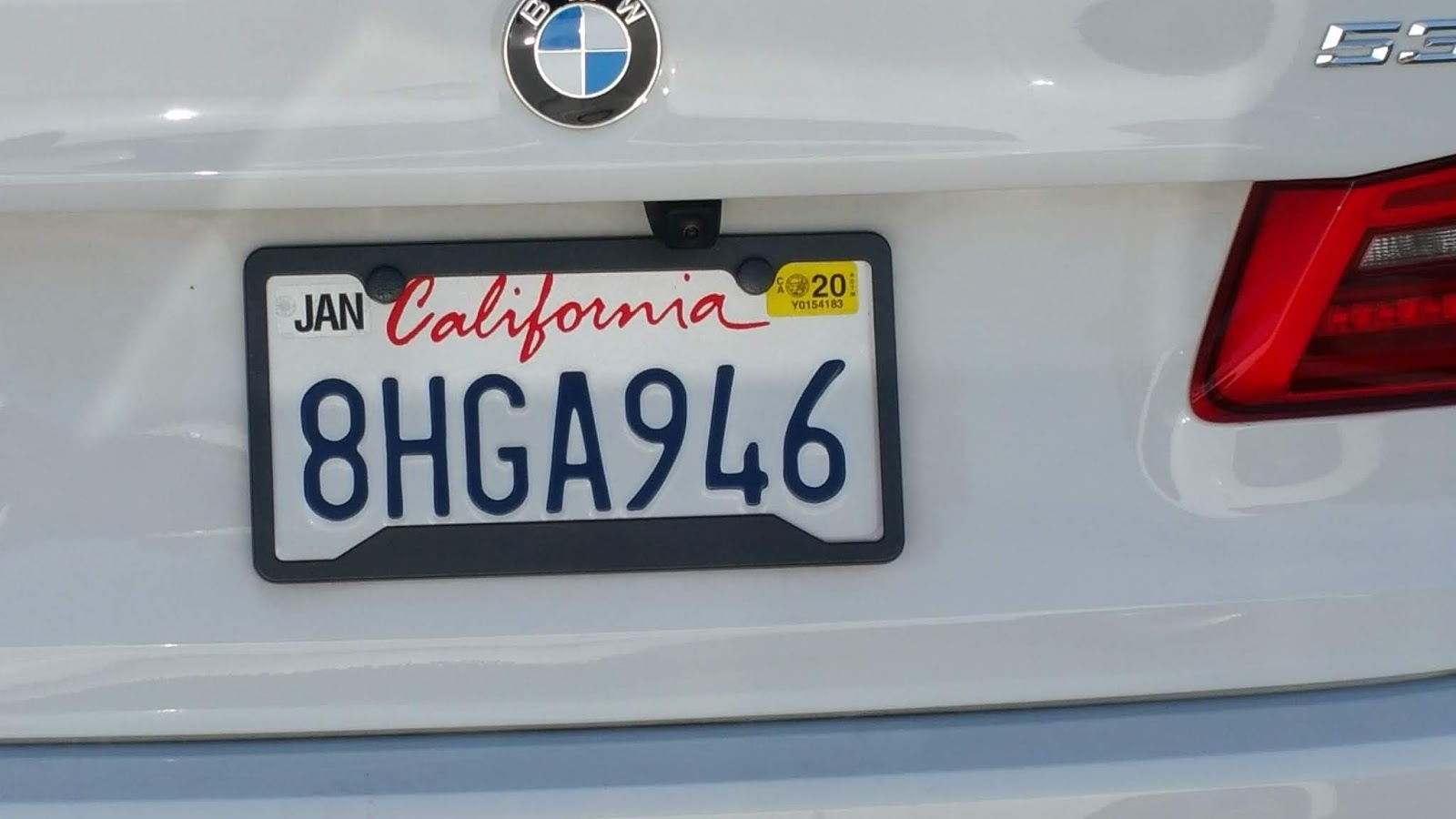

That initiative was one of the most popular moves of his shaky rookie year as premier. In 2018, Ford eliminated the controversial Drive Clean program, which required tests and, in some cases, repairs for passenger vehicles. Motorists would still pay a one-time fee of around $20 for a new licence plate, but the annual renewal process would be scrapped, reducing lineups at Service Ontario offices and kiosks.

“It’s not as easy as you’d think,” said an insider, noting many Ontario residents renew their stickers for the maximum two years at a time for $240.
WHEN DID YEAR STICKERS FOR LICENSE PLATES HOW TO
That’s because the government is still determining how to refund hundreds of millions of dollars to motorists who have already renewed their tags. However, eliminating the licence fees, which range from $12 for mopeds to $120 for passenger vehicles in southern Ontario, will be complicated as well as costly. That includes the TTC’s Ontario Line, the Eglinton Crosstown West LRT, as well as the Scarborough and Yonge North subway extensions.

While voters who don’t own motorcycles, cars, SUVs and trucks would not benefit, the Tories emphasize Queen’s Park has partnered with Ottawa and municipalities to spend tens of billions of dollars on public transit. The change would also dovetail with Ford’s push to build the 60-kilometre Highway 413 between Milton and Vaughan, and the 16.2-kilometre Bradford Bypass linking Highways 400 and 404. With rising inflation and skyrocketing fuel costs, the Tories are looking at ways to save money for pandemic-weary Ontario voters - especially those on fixed incomes, such as seniors. “Our government is considering a number of options to cut costs for Ontarians,” Mulroney’s office said in a carefully worded statement Monday. Transportation Minister Caroline Mulroney’s office was tight-lipped about the measure, which is expected to be introduced through legislation this spring and be in place before the election. Sources, speaking confidentially in order to discuss internal deliberations, say the plan was well-received by ministers when it was shared with cabinet last week. The proposal, which would cost the treasury more than $1 billion a year because there are about 8.5 million vehicles registered in Ontario, has not been finalized.īut it could help the Progressive Conservatives’ re-election campaign in the June 2 vote.



 0 kommentar(er)
0 kommentar(er)
